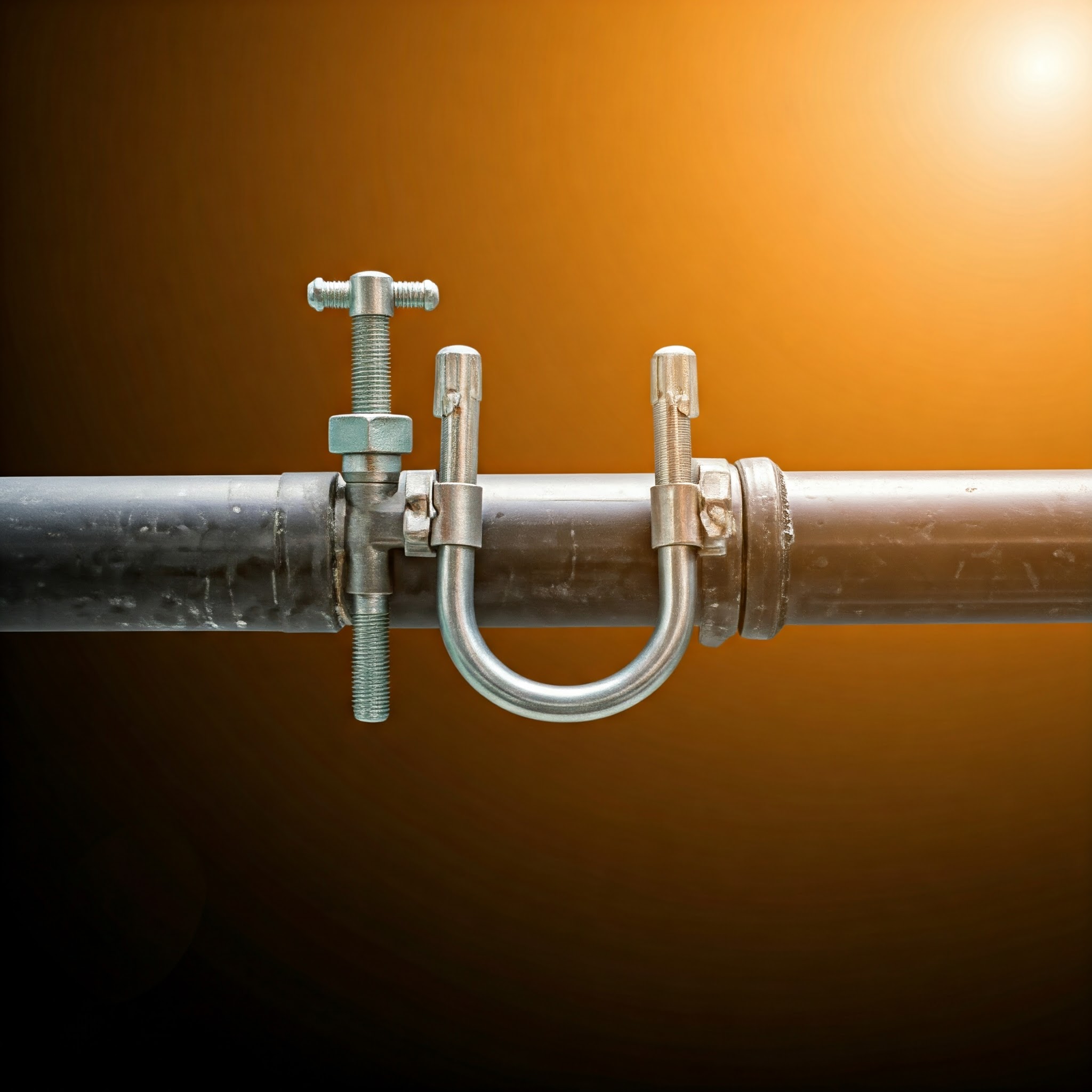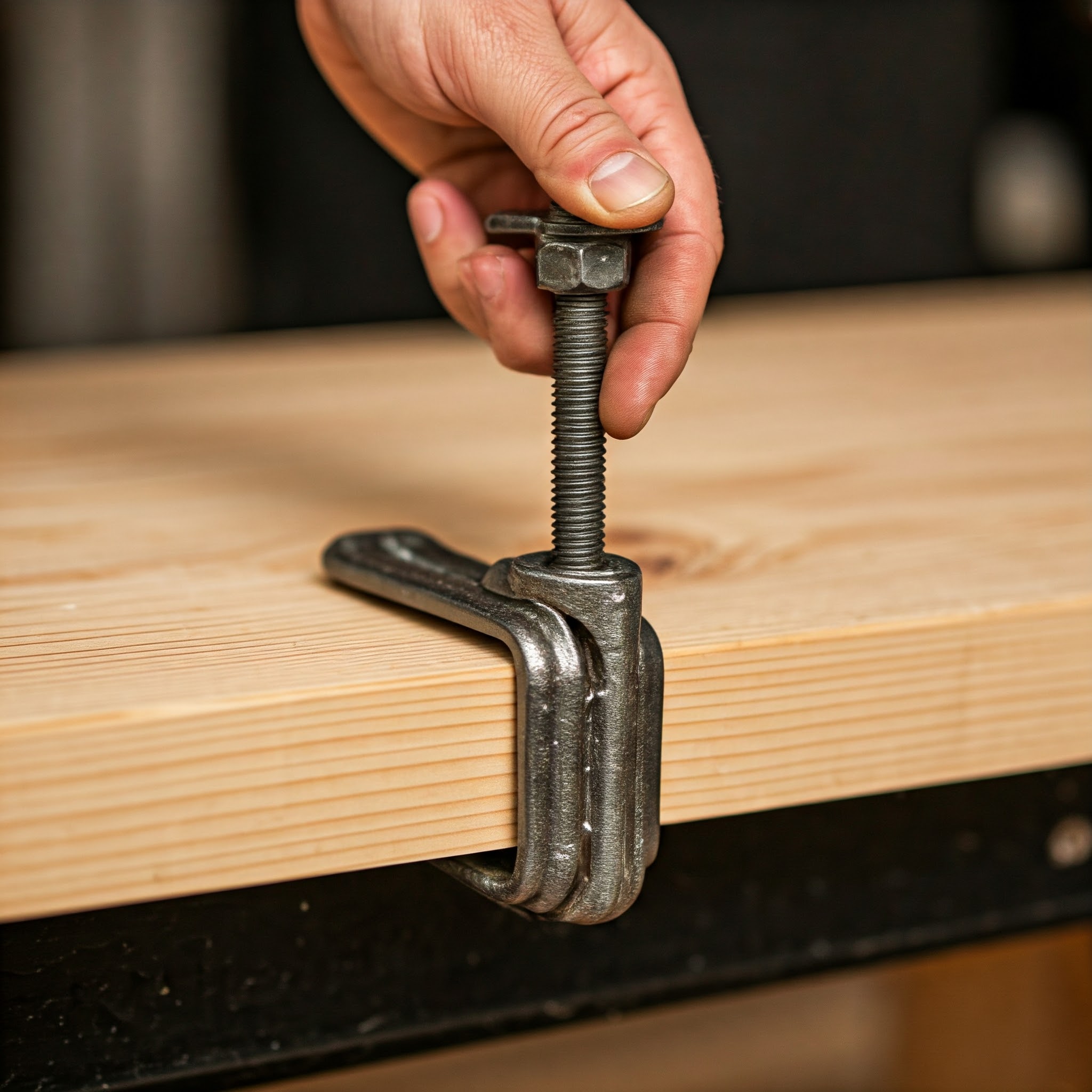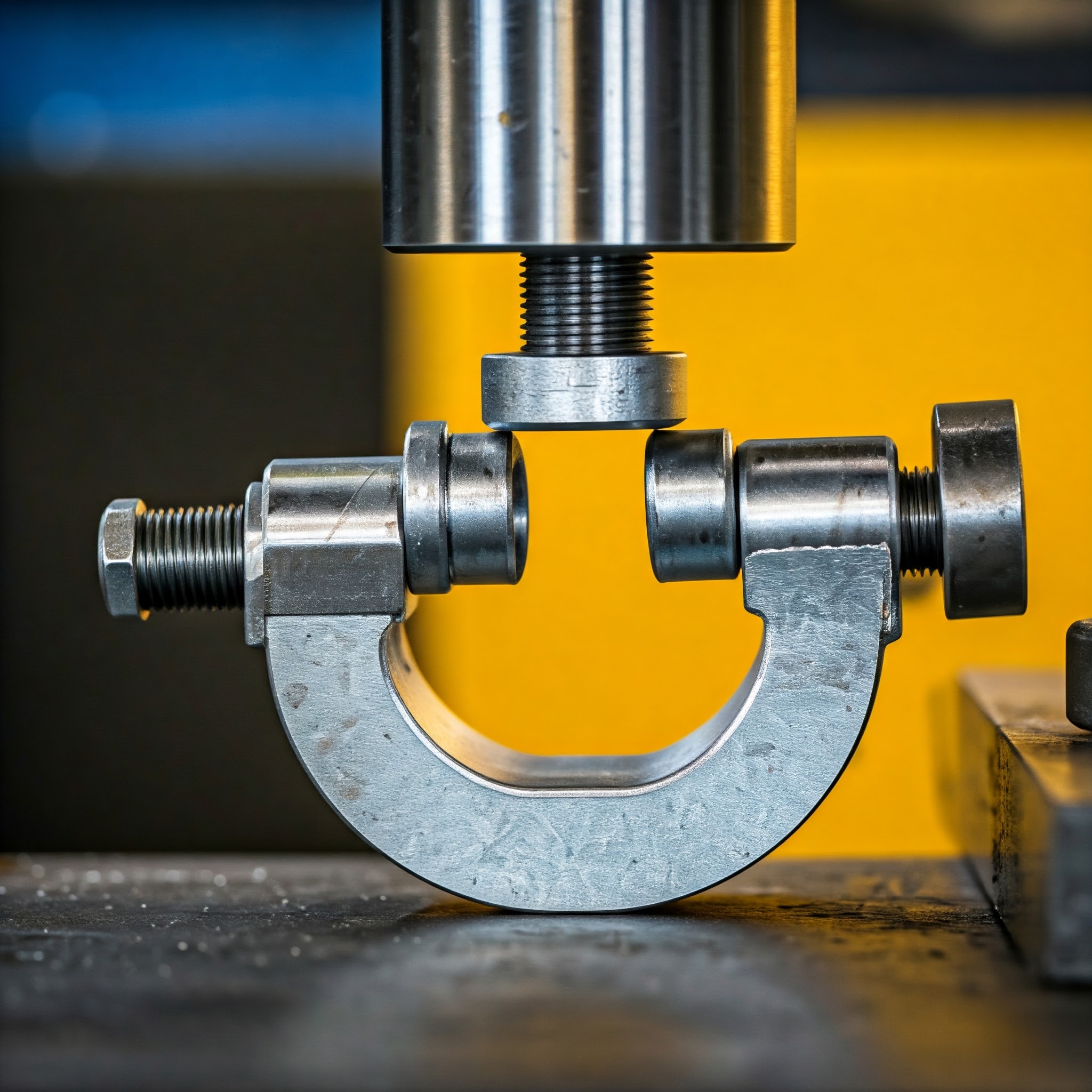Sustainable Manufacturing Practices in U Clamp Production: What You Need to Know

Sustainability is no longer just a buzzword; it’s a necessity. As industries across the globe adapt to eco-friendly methods, U clamp manufacturers are also stepping up to implement sustainable manufacturing practices. Whether you’re a business looking for reliable suppliers or someone curious about green manufacturing, understanding these practices is essential.
In this article, I’ll walk you through what sustainable manufacturing means for U clamp production, why it matters, and how you can support this movement.
Table of Contents:
- What Are U Clamps and Why Are They Important?
- What Is Sustainable Manufacturing?
- The Importance of Sustainability in U Clamp Production
- Sustainable Practices in U Clamp Manufacturing
- How to Identify Eco-Friendly U Clamp Manufacturers
- Challenges in Adopting Sustainable Practices
- The Future of U Clamp Manufacturing
What Are U Clamps and Why Are They Important?
U clamps are versatile fastening tools shaped like the letter "U." They’re commonly used to secure pipes, rods, or tubing in construction, automotive, and industrial projects.
Why do U clamps matter?
- Versatility: Suitable for multiple applications.
- Durability: Withstand high loads and harsh environments.
- Cost-Effectiveness: Affordable and long-lasting.
For industries relying on U clamps, moving toward sustainable production benefits both the planet and the bottom line.
What Is Sustainable Manufacturing?
Sustainable manufacturing focuses on reducing environmental impact while maintaining product quality. It involves:
- Efficient Resource Use: Minimizing raw material waste.
- Energy Efficiency: Reducing energy consumption during production.
- Eco-Friendly Materials: Using recyclable or renewable materials.
- Waste Management: Proper disposal and recycling of industrial waste.
This approach benefits manufacturers, customers, and the environment by creating greener, more efficient processes.

The Importance of Sustainability in U Clamp Production
You might be wondering why sustainability matters in U clamp production. Here’s why:
- Environmental Impact: Traditional manufacturing contributes to pollution and resource depletion. Sustainable methods reduce this footprint.
- Customer Demand: More buyers are prioritizing eco-friendly products, making it essential for manufacturers to adapt.
- Cost Savings: Energy-efficient and waste-reducing practices often lower production costs.
- Regulatory Compliance: Governments worldwide are introducing stricter environmental regulations.
By choosing sustainableU clamp , you support a healthier planet and encourage responsible manufacturing.
Sustainable Practices in U Clamp Manufacturing
So, how are manufacturers producing eco-friendly U clamp ? Let’s explore some of the most impactful practices.
- Using Recyclable Materials
- Steel and Stainless Steel: Many U clamp are made from stainless steel and other recyclable metals, reducing waste.
- Plastic Alternatives: Some manufacturers are replacing traditional plastic components with biodegradable materials.
- Energy-Efficient Production
- Upgrading to energy-efficient machinery reduces power consumption.
- Utilizing renewable energy sources like solar and wind.
- Waste Management
- Recycling scrap metal and minimizing production waste.
- Properly disposing of hazardous materials to prevent environmental harm.
- Lean Manufacturing
- Adopting lean manufacturing principles to eliminate unnecessary steps and reduce waste.
- Streamlining production processes for greater efficiency.
- Eco-Friendly Packaging
- Using biodegradable or recyclable materials for packaging.
- Minimizing excess packaging to reduce waste.

How to Identify Eco-Friendly U Clamp Manufacturers
As a consumer or business owner, you want to support manufacturers committed to sustainability. Here’s how you can identify them:
- Look for Certifications
- ISO 14001: Certification for environmental management systems.
- Green Manufacturing Certifications: Industry-specific sustainability credentials.
- Check Their Website and Policies
Many U clamp manufacturers openly share their sustainability initiatives online.
Look for information on materials, energy use, and waste management.
- Prioritize Local Manufacturers
Choosing local suppliers reduces transportation emissions.

Challenges in Adopting Sustainable Practices
While sustainability offers numerous benefits, manufacturers face challenges:
- Initial Costs: Upgrading machinery and processes requires significant investment.
- Supply Chain Complexity: Sourcing eco-friendly materials can be difficult and expensive.
- Consumer Awareness: Many buyers are unaware of the importance of sustainable products.
Despite these hurdles, more manufacturers are embracing green practices due to growing demand and long-term benefits.
The Future of U Clamp Manufacturing
The future of U clamp production is undeniably green. Here’s what we can expect:
- Advanced Materials: Continued innovation in sustainable materials, like biodegradable plastics and stronger recycled metals.
- AI and Automation: Smarter systems to optimize production and minimize waste.
- Circular Economy Models: Increased focus on recycling and reusing materials to create a closed-loop system.
As we move forward, it’s up to both manufacturers and consumers to prioritize sustainability. By choosing eco-friendly products, you encourage the industry to adopt better practices.
Conclusion
Sustainable manufacturing in U clamp production is more than a trend—it’s a necessity for protecting our environment and ensuring long-term industrial growth. By supporting eco-friendly practices, you’re not only investing in high-quality products but also contributing to a healthier planet.
About Sachin Shim
Our range of shims includes metal, machine, industrial, precision, adjustable, machinery, engineering, custom, and alignment shims. These shims are designed for various applications, such as machinery alignment, fine adjustments in industrial-grade machines, engineering projects requiring steel shims, heavy-duty machinery requiring versatile metal shims, aerospace applications demanding precision stainless steel shims, automotive use requiring adjustable aluminum shims, precision engineering projects using high-quality brass shims, construction applications requiring durable plastic shims, specialized machinery needing customized shim solutions, and manufacturing processes requiring fine-tuning shims for precise alignment and accurate machine setup and leveling.
Author
Meet Sachin, our expert author in industrial materials with a deep understanding of Bolt. With years of experience, Sachin brings valuable insights and expertise to this guide, making them a trusted source for all things related to Bolt. Join us as we delve into the art of Bolt with Sachin leading the way.
List Other similar blogs







